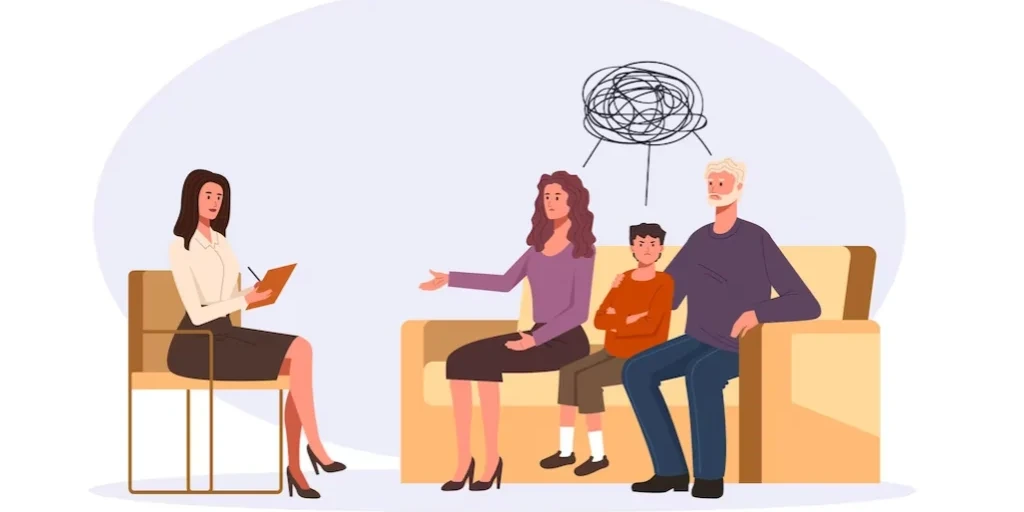24/7 Helpline:
(866) 899-221924/7 Helpline:
(866) 899-2219
Learn more about Xanax Rehab centers in Tonkawa
Xanax Rehab in Other Cities

Other Insurance Options

CareSource

UMR

Health Net

UnitedHealth Group

Horizon Healthcare Service

Providence

BlueCross

Amerigroup

BHS | Behavioral Health Systems

Covered California

State Farm

Excellus

AllWell

Holman Group

MVP Healthcare

American Behavioral

Aetna

MHNNet Behavioral Health

Highmark

Sutter

Tonkawa Tribe – Substance Abuse Program
Indian Alcohol and Substance Abuse Tonkawa Tribe of Oklahoma offers outpatient services for people s...


Alpha II
Alpha II is a private rehab located in Tonkawa, Oklahoma. Alpha II specializes in the treatment of a...




Edwin Fair Community Mental Health Center – Kay County
Edwin Fair Community Mental Health Center – Kay County is a private rehab located in Ponca City, Okl...

Bridgeway
Bridgeway is located in Ponca City, Oklahoma. Bridgeway provides substance abuse treatment.

Ponca City Rightway Medical
Ponca City Rightway Medical is a private rehab located in Ponca City, Oklahoma. Ponca City Rightway ...
































































